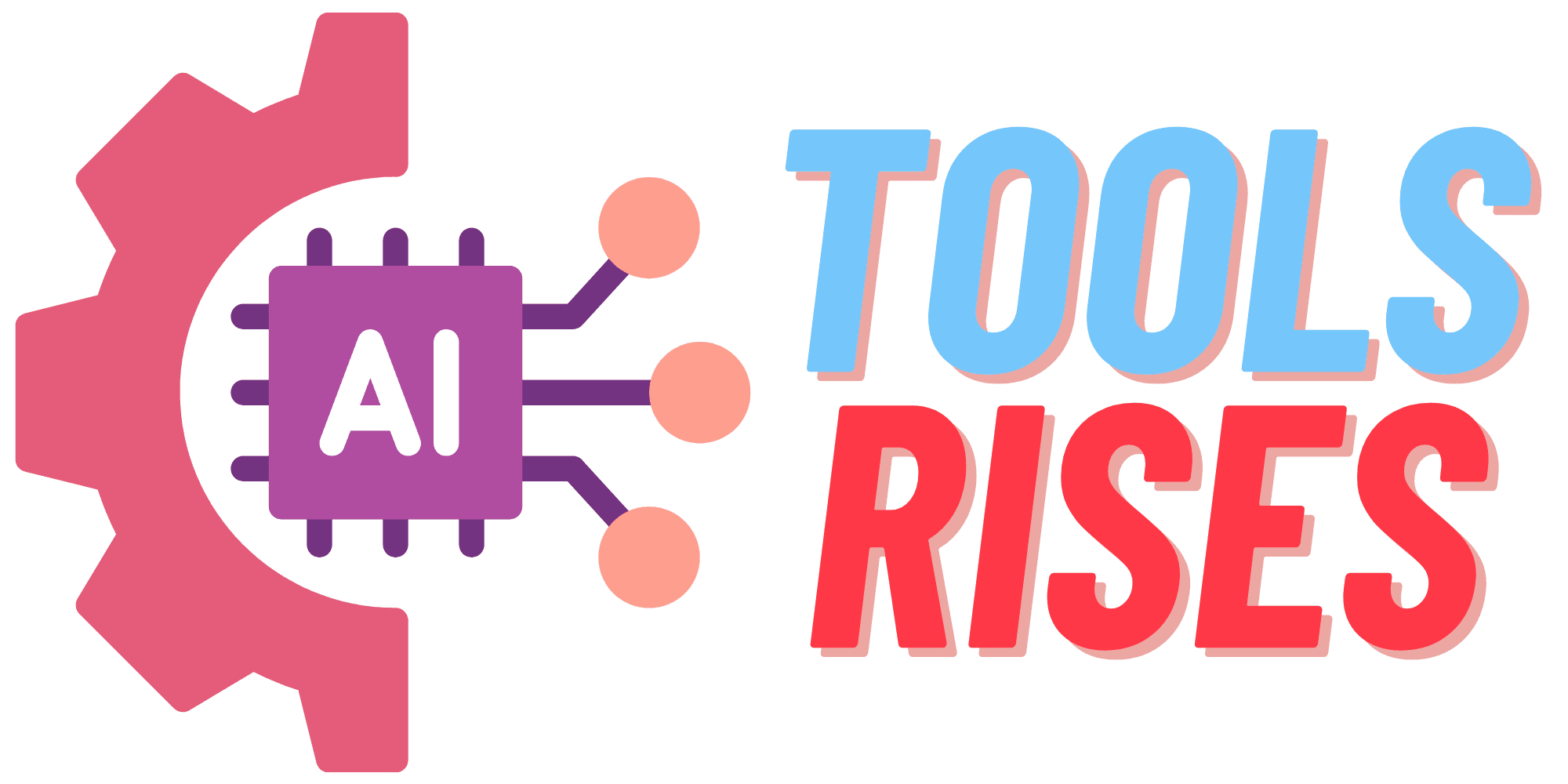Protein cooking, a crucial process in various industries, is undergoing a remarkable transformation with the integration of artificial intelligence (AI) and robots. From biotech enthusiasts to AI researchers and protein engineers, this exciting development has captured the attention of many. In this blog post, we’ll explore how AI and robots are joining forces to cook up proteins faster, revolutionizing the way we approach protein cooking.
How Artificial Intelligence is Revolutionizing Food Industry?
AI In The Food Industry – What Are The Benefits?
How AI and Robots revolutionizing Protein Cooking?
How Cooking Robots revolutionizing the Modern Kitchen?
Can artificial intelligence make food also?
Introduction
The food industry has always been driven by innovation, constantly seeking ways to improve processes and meet growing demands. The emergence of AI and robotic technologies has provided unprecedented opportunities for enhancing efficiency, precision, and productivity. Protein cooking, an essential aspect of food production, is ripe for disruption through the synergy of AI and robots.
The Need for Faster Protein Cooking
Traditional protein cooking methods often present challenges such as time-consuming processes, inconsistent quality, and inefficiencies. In industries such as biotechnology and food production, where proteins play a vital role, the ability to cook proteins faster and more efficiently is of utmost importance. Accelerating protein cooking processes can lead to significant advancements in pharmaceutical development, enzyme engineering, and sustainable food production.
AI in Protein Engineering
AI has revolutionized protein engineering by enabling accurate protein structure prediction and optimization. Using machine learning algorithms, AI models can learn relationships between protein sequences and their functions. This knowledge allows researchers and protein engineers to design new proteins with specific properties and functionalities. Integrating AI into protein cooking processes expedites experimentation and reduces the need for laborious trial-and-error approaches.
Robots in Protein Cooking
The advancements in robotic technology have paved the way for automation and precision in protein cooking tasks. Robots equipped with sophisticated sensors, actuators, and machine vision systems can perform precise measurements, handle delicate tasks, and ensure consistent quality. These robots are capable of executing complex cooking processes with minimal human intervention, leading to increased efficiency and reduced human error.
Synergy of AI and Robots in Protein Cooking
The collaboration between AI and robots in protein cooking is a powerful combination. Researchers and engineers are developing integrated systems where AI algorithms guide robotic systems in performing protein cooking tasks. These systems leverage AI’s predictive capabilities to optimize cooking parameters, monitor reactions, and adapt in real-time. Case studies have shown promising results, demonstrating the successful integration of AI and robots in protein cooking processes.
Benefits and Implications
The synergy of AI and robots in protein cooking brings forth numerous benefits that go beyond speed and efficiency. With increased automation, productivity is enhanced, allowing researchers and industries to accelerate their scientific discoveries and product development. Moreover, the optimized cooking processes enabled by AI and robots contribute to the production of high-quality proteins with improved functionalities, opening doors for novel applications in various fields.
The implications of this revolution in protein cooking extend to the food industry and sustainability efforts. By optimizing processes and reducing waste, AI and robots can contribute to sustainable food production and resource conservation. Additionally, the ability to cook proteins faster and more efficiently can meet the increasing demand for protein-based products while minimizing the environmental impact.
Recent Trends and Developments
In recent development, A team at the University of Wisconsin-Madison, led by Philip Romero, has developed a cutting-edge robotic platform called SAMPLE (Self-driving Autonomous Machines for Protein Landscape Exploration). This innovative platform combines artificial intelligence (AI) algorithms with robotic systems to accelerate the engineering of new proteins, revolutionizing the field. By leveraging AI, the platform learns the intricate relationships between protein sequences and functions, enabling the design of novel proteins that are then tested using the robotic system. The valuable data obtained from these tests is then used to further refine the AI algorithm, optimizing the model for maximum efficiency.
One notable application of the SAMPLE platform is the engineering of glycoside hydrolase enzymes with improved heat tolerance. Through the use of this self-driving laboratory, the platform quickly identifies and converges on thermostable enzymes, showcasing its immense potential in accelerating scientific discovery processes. The integration of AI and robotics in protein engineering represents a significant breakthrough, opening new doors for advancements in biotechnology and scientific research.
Conclusion
The integration of AI and robots in protein cooking is transforming traditional methods and propelling the food industry into an era of increased efficiency, precision, and sustainability. The ability to cook proteins faster and more efficiently has far-reaching implications, from advancing pharmaceutical development to improving enzyme engineering and sustainable food production. As AI algorithms continue to evolve and robotic technologies advance, the potential for discovery and innovation in protein cooking is limitless. Embrace the revolution and witness the transformative power of AI and robots in the realm of protein cooking.





